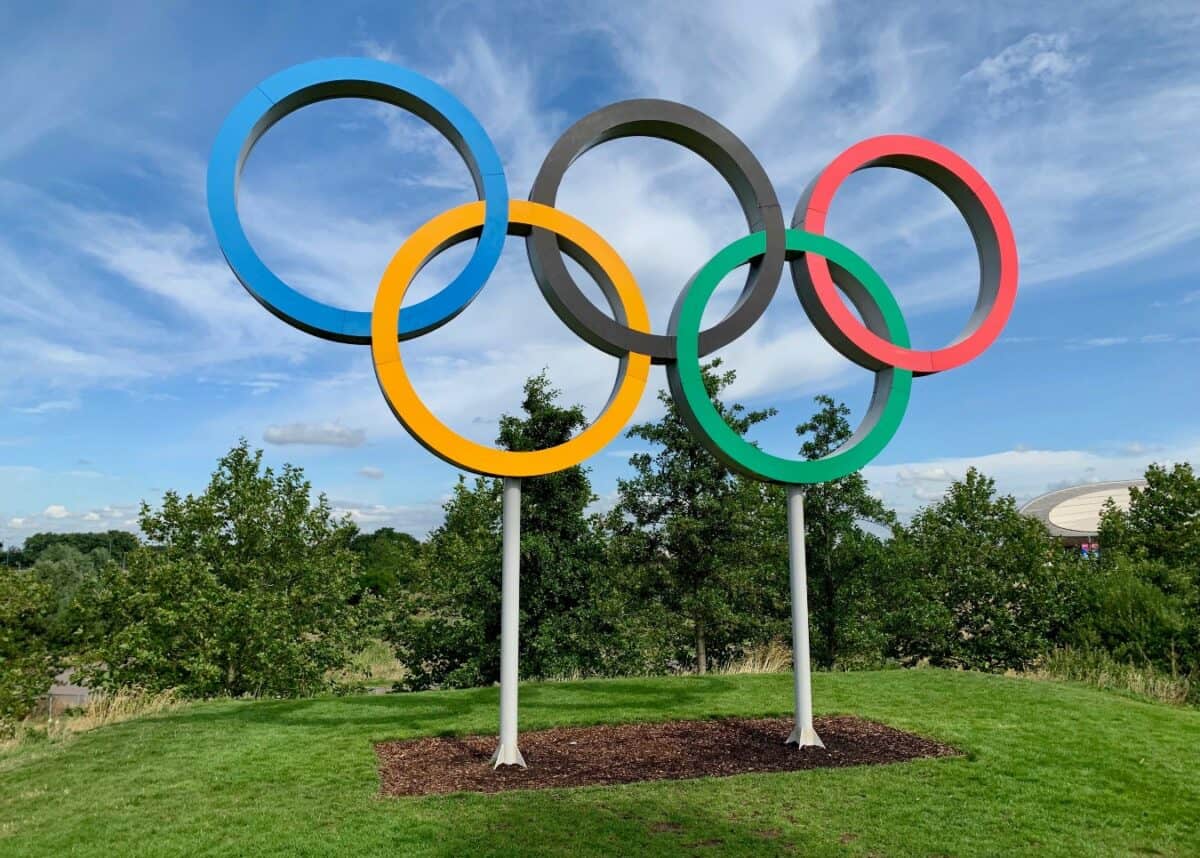Diego S. Silva, University of Sydney
The go-ahead for Australian Olympians to be vaccinated against COVID-19 before others the same age has led to allegations of “queue-jumping”.
One of the issues at stake is whether athletes should be vaccinated ahead of the Tokyo Olympics with the Pfizer vaccine we know is currently in short supply. This is at a time when so many vulnerable Australians have yet to receive their shots.
Prioritising Olympians can be justified. The trouble is, they shouldn’t be prioritised for the Pfizer vaccine given the interests and claims of other deserving Australians.
The explanation for this is much more nuanced and ethically interesting than it seems at first.
What just happened?
Before this week’s announcement, Olympic athletes would have been part of the phase 2b vaccine rollout, alongside the bulk of adults under 50.
But this week, federal health minister Greg Hunt said “vulnerable Australians remain an absolute priority” for vaccination but “our athletes deserve the opportunity to compete” without having to worry about the coronavirus.
So athletes were moved up to phase 1b, the same group as some health workers, and people with disabilities or underlying medical conditions.
If these health workers and vulnerable people are under 50 — and many of them will be — they should receive the Pfizer vaccine, the recommended vaccine for this age group. This is the vaccine now also earmarked for Olympic athletes, as they are under 50.
So who has the stronger ethical claim to the Pfizer vaccine?
Olympians should be prioritised …
Australian Olympians can make a strong claim to priority access for the Pfizer vaccine. Competing in the Olympics is unbelievably hard work and a rare honour. Most Olympians toil for years to compete at the pinnacle of their sport, which only happens every four years.
So having the COVID-19 vaccine would allow them to safely fulfil an important “personal interest” that requires incredible sustained effort over a long period of time.
Think of a personal interest as someone’s stake in something, where fulfilment of this interest contributes to their well-being and happiness.
All of us have such personal interests, whether it’s playing a sport, painting or reading. In a sense, they’re trivial pursuits as nothing life-or-death depends on them. But they’re still important; they’re part of what makes us human.
We have special admiration and respect for people whose interests represent the pinnacle of human achievement, such as Olympians. And you could certainly argue Australia values elite sporting achievement.
So there are two mutually reinforcing reasons why Australia’s Olympic athletes should be prioritised for the Pfizer vaccine over other Australians:
- it will help them safely achieve a rare personal interest for which they’ve worked hard and represents a pinnacle of sport
- we generally agree society should support people in their pursuits of such amazing interests, all else being equal.
… just not right now
However, the challenge rests on claims other Australians can make to the Pfizer vaccine. This is particularly so when there are claims for scarce resources, like the vaccine in Australia at the moment. While Australia has ordered more Pfizer vaccine, this is not scheduled to arrive until the last quarter of 2021, after the Olympics has finished.
When scarce resources are necessary to protect interests in being alive, we usually — and rightly — give priority to those interests. In other words, a person’s interest in staying alive and healthy should trump another person’s personal interest, which may be important, but not life or death.
Let’s return to those people currently listed in phase 1b, particularly health-care workers and people with underlying conditions or disabilities. Their claim to the Pfizer vaccine is clearly in the public interest.
Access to the vaccine would protect and promote the health of others (as in the case of health care workers) or the very preservation of life itself and protection against serious disease (as in the case of persons with disabilities).
If we were to rank these various competing interests, it becomes clear why Olympians should not be prioritised over others in phase 1b.
But Olympians should still queue jump
The athletes’ justification for being prioritised for vaccines still holds moral weight, though, when it comes to other Australians.
All Australians under 50 will have important interests they’d like fulfilled that will depend on getting the Pfizer vaccine (for example, international travel). But the vast majority of these interests aren’t the pinnacle of achievement or take years of hard work.
If this were the trade-off at hand, Olympians should get the vaccine first. So the issue isn’t whether Olympians should be prioritised, but when.
They could be prioritised in their existing cohort, phase 2b. Alternatively, they could be vaccinated as part of phase 2a, alongside other “high-risk workers”.
Doing so might be the compromise we need to protect Olympians, their safety, and their efforts while respecting the interests and claims of those more deserving.
Diego S. Silva, Lecturer, Sydney Health Ethics, Sydney School of Public Health, University of Sydney
This article is republished from The Conversation under a Creative Commons license. Read the original article.












